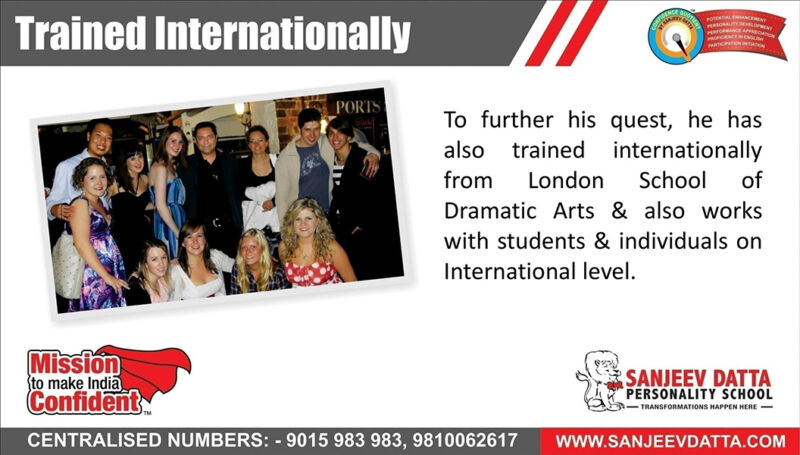Whether you are a small family business or a national firm, a business possessor, or an HR manager, effective retirement and succession planning is vital for your organization’s ongoing success and your people’s health and happiness. So here we have drawn on experiences to pull together these tips for succession planning to take on board when managing your senior talent and thinking about future planning.
Tips for Succession Planning
1. Start Early:

One of the most familiar problems is people not giving succession planning the time it ought to have early enough. If forced to discuss it by an employee nearing retirement, many managers bury their heads in the sand. Missing the opportunity to plan for a smooth transition well enough in advance. This can lead to extreme pressure later on. Start looking into it at the earliest. Normally, 10 years ahead of a predictable retirement point within your department or the job role.
2. Be Honest:

Occasionally the hardest thing is starting the discussion about what people want to do. Are they considering leaving as soon as possible, whether it is to fly around the world or spend more time with their loved ones? If it’s the latter, what are the odds and choices? What would they be eager to do? And what is controllable from the business perspective?
Those in more substantial roles may be looking ahead to retiring at 60, likewise, if they have worked at some place for a long time, it can feel like a family they do not want to be fired from, so keeping limited participation might be more reasonable. It is not about forcing people to stay on if they don’t want to, but neither is it about kicking them out before they are prepared. Practical, open conversations are key.

3. Develop Your Deputies:

Do not take up a succession is a simple matter of a deputy stepping up to a leadership spot when a leader retires. Deputies can often be more used to working in the wake of their leader and have not had an adequate opportunity to be confronted in the leadership role before actually stepping up to the position for good. So, devote to their learning, leadership, and personality development training before that leader retires, and give them the chance to make key decisions, coached by their head if necessary.
4. Find An Effective Way For Generations To Learn From Each Other:

From younger workers training older co-workers in using technology and social media, to advanced approaches like reverse mentoring, there are lots of ways older workers can improve further to sharpen their talents and keep their skills fresh.
Senior workers need the humbleness to accept that younger, less experienced colleagues may know a faster, better way of doing something. It is not just about technology, from ideas to new approaches to customer service, older workers should take up the fact that you are never too old to learn anything. Be ready to experiment; try new methods and then evaluate how they worked, so both groups can learn from the experience. It will encourage positive communication and teamwork.
5. Accept That Keeping It In The Family Might Not Be Easy

The plan is to recruit a general manager to take over for a fixed period, with the chance for the children to step up when they are ready, and if they want to. That’s the other matter, business owners need to realize that their children may have other interests and desires. Once again, honest conversations as early as possible are necessary.
For example, working with several family businesses and while a straight generational handover can represent the perfect succession, it is hardly ever that simple. One managing director is in his mid-50s and starting to think about retirement, but two of his children are still at school. Even if he works in his 70s, they may not have the relevant experience and business aptitude to take over; especially bearing in mind that it’s a large organization with a substantial global market share.
6. Learn To Let Go:

Sanjeev Datta, known as the best corporate coach in India believes the prime challenge with succession planning is the struggle many people have in letting go, especially if they have started the business on their own and think of it as their ‘baby’. If someone has been in a position for a long time, it is easy to feel that there are many tasks only they can do. Emotions can rush in, clouding decisions and making it tougher to focus on coaching and passing on knowledge, so an unbiased third party can help keep these feelings out of the planning process.

7. Give It The Time It Deserves:

Planning an effective succession approach can be difficult to balance with more immediate business needs. But that is not the purpose to keep it off. Insufficiently and frequently is the key, to let time for regular conversations (chased by simple actions), sharing contacts, techniques for succeeding in new business, and so on. This will be way much easier to manage than doing nothing and therefore getting to a point where it is urgent and takes over everything.
Visit: principles of risk management
8. Be Flexible:

Your succession plan doesn’t have to be engraved in stone; it is an evolving discussion, not a necessary contract. Update it regularly as situations may change. Both the business and the individual will need the flexibility to adjust to the unexpected, but doing this within a clear plan is always more effective.
Eventually, a succession planning policy aims to future-proof the business and lessen the risk when key people quit the business, guaranteeing the company keeps moving forward productively. Similar to all types of communication, there is an art to conveying it successfully, and succession planning is no different. It can be a delicate subject but implementing the above-mentioned tips for succession planning effectively, can encourage employee morale, drive engagement and improve retention.
We develop personality and leadership skills in pre-schoolers, kids, teenagers and adults.
For more details, contact us now!


